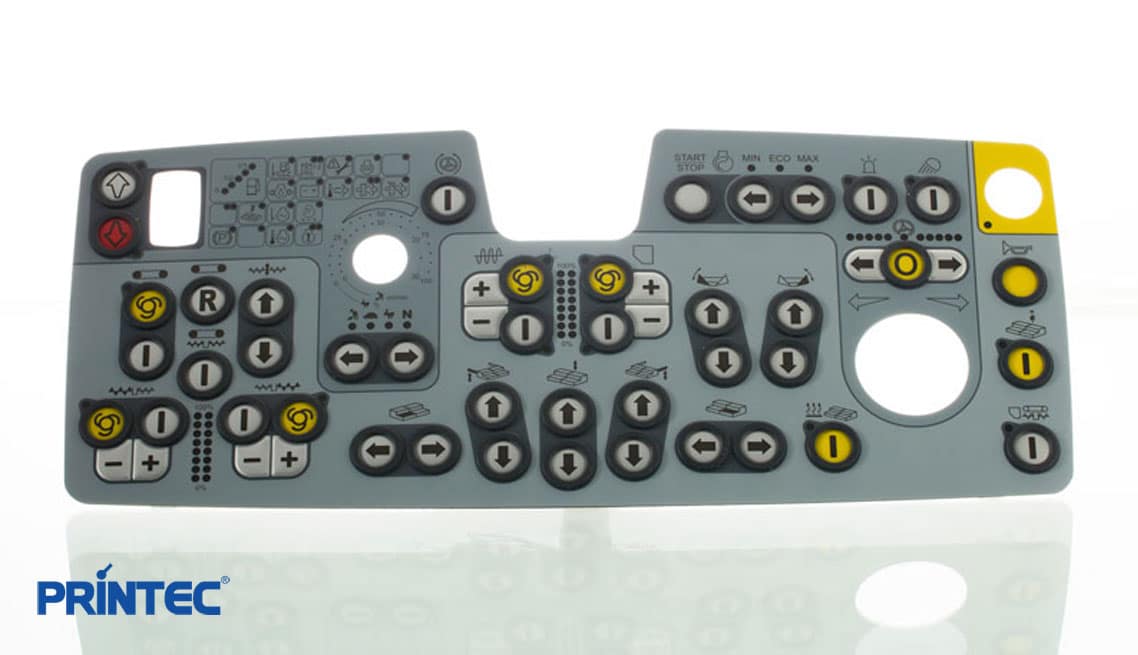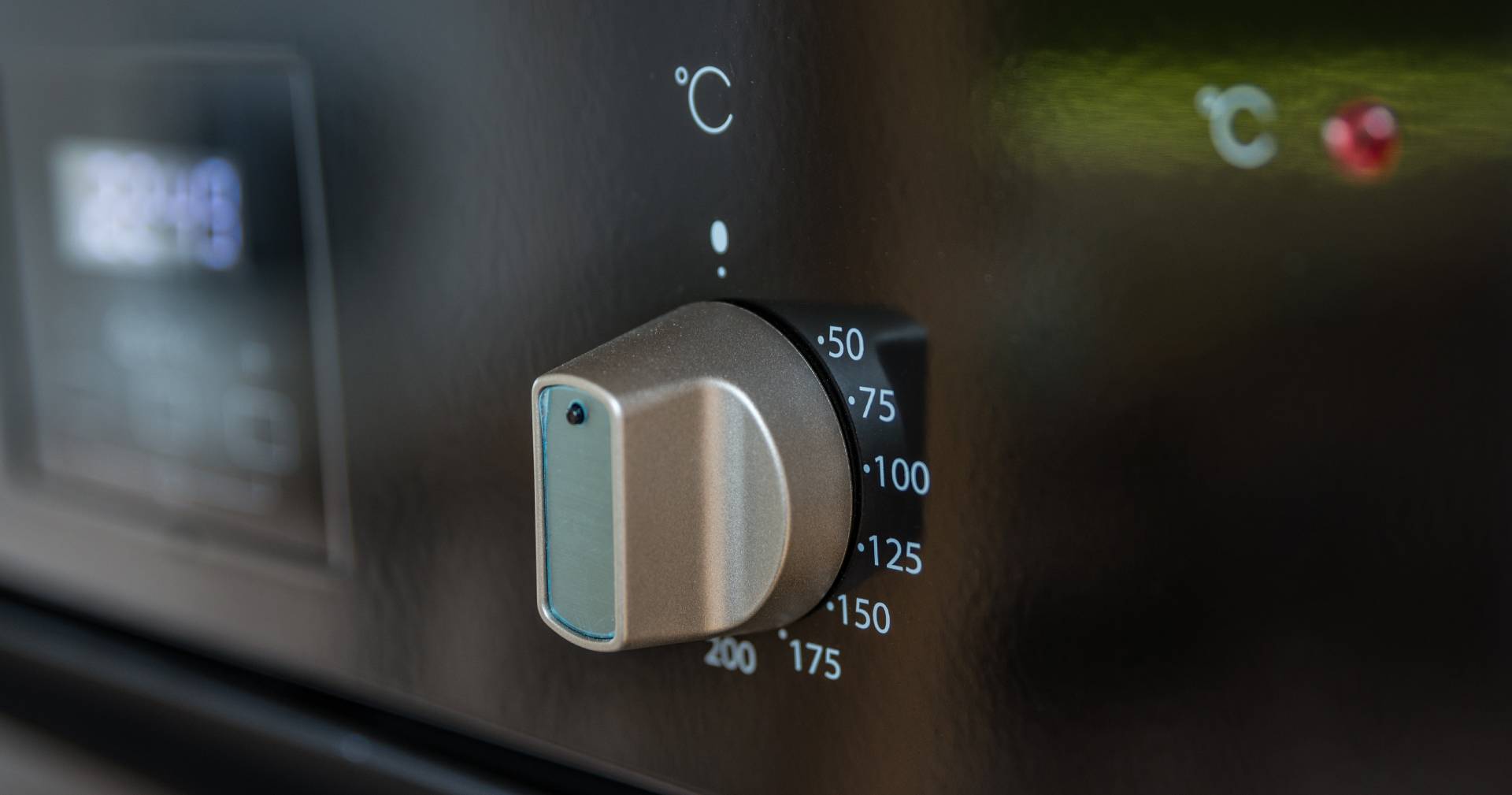Every well-executed product line begins with choosing the right membrane switch manufacturer early on.
Every well-executed product line begins with choosing the right membrane switch manufacturer early on.
Blog Article
Everything About Membrane Layer Switch: Understanding Its Style and Functionality
When you think regarding the control interfaces in modern tools, membrane switches frequently come to mind. Let's explore what collections membrane changes apart from various other control systems.
What Are Membrane Switches?

Their seamless nature makes them simple to tidy and immune to dust and dampness, an essential attribute in lots of settings. Membrane layer buttons can additionally be tailored pertaining to form, size, and graphics, allowing suppliers to produce special interfaces tailored to particular products. And also, they're lightweight and slim, which assists in reducing the total mass of gadgets. On the whole, membrane layer switches play a significant function in boosting user experience across a large selection of applications.
How Membrane Switches Over Job
When you push a trick on a membrane layer switch, it turns on an uncomplicated yet effective system. membrane switch manufacturer. The top layer, often made of adaptable product, pushes down onto a conductive layer underneath it.
You'll see that the tactile feedback varies based on the button design, using either a soft click or a more obvious action. When you release the trick, the membrane returns to its initial setting, reopening the circuit and stopping the signal. This procedure occurs nearly instantly, making sure a responsive customer experience.
Membrane switches are popular because of their longevity and resistance to dirt and moisture, making them excellent for numerous applications, from home devices to medical gadgets. Recognizing this procedure helps you value their extensive use.
Trick Components of Membrane Buttons
Recognizing the vital components of membrane layer switches is fundamental for understanding their capability and layout. The protective layer guards against ecological variables and wear, extending the switch's lifespan. By comprehending these components, you'll acquire understanding right into just how membrane changes operate and their relevance in numerous applications.
Materials Made Use Of in Membrane Switch Over Design
The efficiency and resilience of membrane layer changes greatly depend on the materials used in their style. You usually encounter polyester and polycarbonate as key substratums because of their superb strength and versatility. These materials resist scrapes and chemicals, making them suitable for demanding settings.
The conductive layers often utilize silver or carbon, chosen for their dependability and conductivity. membrane switch manufacturer. Silver supplies exceptional performance, while carbon is an affordable option. For the overlay, you might think about a matte or shiny coating, relying on your aesthetic needs and customer experience
Make specific to select adhesives that hold up against ecological variables like temperature level and moisture. Picking the best materials will certainly guarantee your membrane switch stands the test of time.
Design Considerations for Membrane Buttons
While making membrane layer switches, it's vital to think about different factors that influence their performance and individual experience. Begin by concentrating on the format and button size; ensure they're instinctive and very easy to browse. Think about Home Page the tactile feedback you wish to provide-- will users require a visible click or a softer touch? Furthermore, think of the products you'll use, as they'll influence toughness and appearances.
Validate your style fits environmental aspects, like dampness or temperature variations, which can influence performance. By thoroughly thinking about these components, you'll create a membrane button that improves usability and complete satisfaction.
Applications of Membrane Switches
Membrane have a peek at this site layer buttons are flexible elements found in numerous applications, from industrial devices to customer electronics. You'll see their impact in equipments that require durable user interfaces and in gadgets that gain from streamlined styles. Understanding these applications assists you appreciate the functionality and functionality of membrane layer buttons in day-to-day innovation.
Industrial Equipment Usage
When you're aiming to improve the functionality of industrial tools, membrane buttons provide a dependable remedy that incorporates resilience with straightforward design. These buttons are perfect for harsh environments, providing resistance to dirt, moisture, and chemicals. You'll discover them in control panels for manufacturing machines, a/c systems, and clinical tools, where precision and responsiveness are crucial. Their low account suggests they fit perfectly right into various equipment, saving beneficial area while keeping ease of use. With customizable graphics and backlighting options, you can produce an instinctive interface for operators, boosting efficiency and security. Plus, their long life-span reduces maintenance costs, making them a wise investment for your industrial applications. Accept membrane layer buttons to improve your operations and enhance general performance.
Customer Electronic Devices Integration
In the domain of customer electronics, membrane buttons play a crucial function in enhancing customer interaction and gadget functionality. Membrane layer buttons also assure sturdiness and resistance to dust and wetness, extending the life expectancy of your electronics. By picking membrane layer buttons, you boost not just the capability however also my explanation the design of your devices, making daily interactions smooth and delightful.
Advantages and Negative Aspects of Membrane Buttons
While membrane buttons supply a series of advantages, they also include some drawbacks that you must take into consideration. One considerable benefit is their compact design, making them ideal for space-constrained applications. They're likewise cost-efficient, offering a long lasting solution with a low manufacturing price. On top of that, their seamless surface is simple to tidy, boosting health in settings like healthcare facilities.

Membrane buttons can have a shorter lifespan contrasted to mechanical switches, specifically under hefty use. They can additionally be less responsive, which may affect customer comments throughout procedure. Balancing these pros and disadvantages will aid you figure out if membrane buttons are the ideal fit for your project.
Regularly Asked Concerns
How Much Time Do Membrane Layer Changes Usually Last?
Membrane changes typically last in between 5 to 10 years, depending upon use and environmental problems. You'll want to review elements like wear, direct exposure to moisture, and temperature variations to evaluate their durability effectively.
Can Membrane Switches Over Be Customized for Details Styles?
Yes, you can tailor membrane buttons to fit details designs (membrane switch manufacturer). You'll have the liberty to choose colors, forms, and formats that match your project's demands, guaranteeing they blend effortlessly with your total aesthetic
What Is the Expense Range for Membrane Layer Change Production?
The expense range for membrane button production commonly drops between $1 and $10 per device, relying on aspects like layout intricacy, quantity, and materials. You can get quotes from suppliers to discover the finest choice.

Are Membrane Changes Water Resistant or Immune?
Membrane switches can be made to be waterproof or immune, depending upon products used and building and construction techniques. If you need them for damp settings, ensure you specify those demands during the style process.
How Do Membrane Switches Compare to Traditional Buttons?
Membrane layer buttons are typically thinner and more flexible than typical switches, using a streamlined design. They're usually much easier to cleanse and incorporate, but could not give the responsive comments you're used to with mechanical alternatives.
Final thought

Report this page